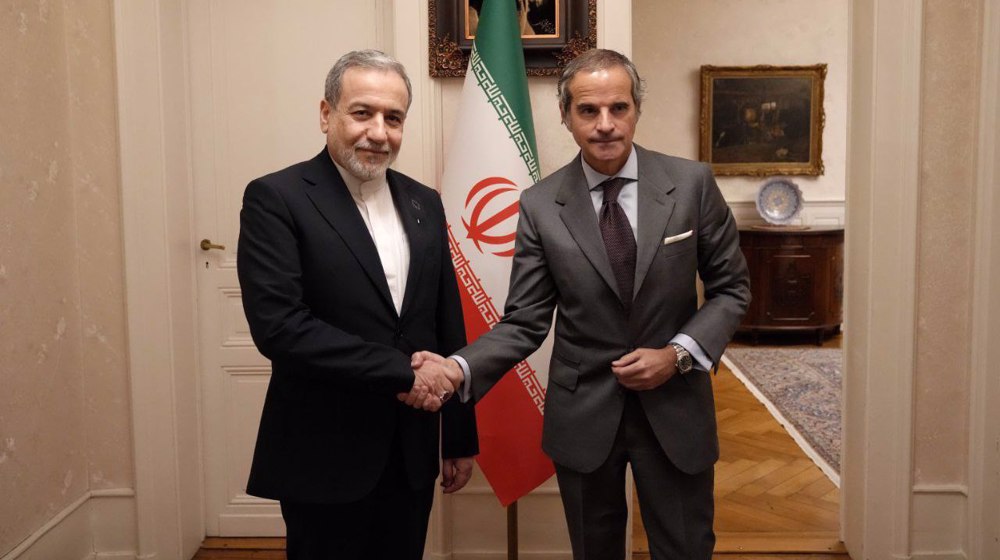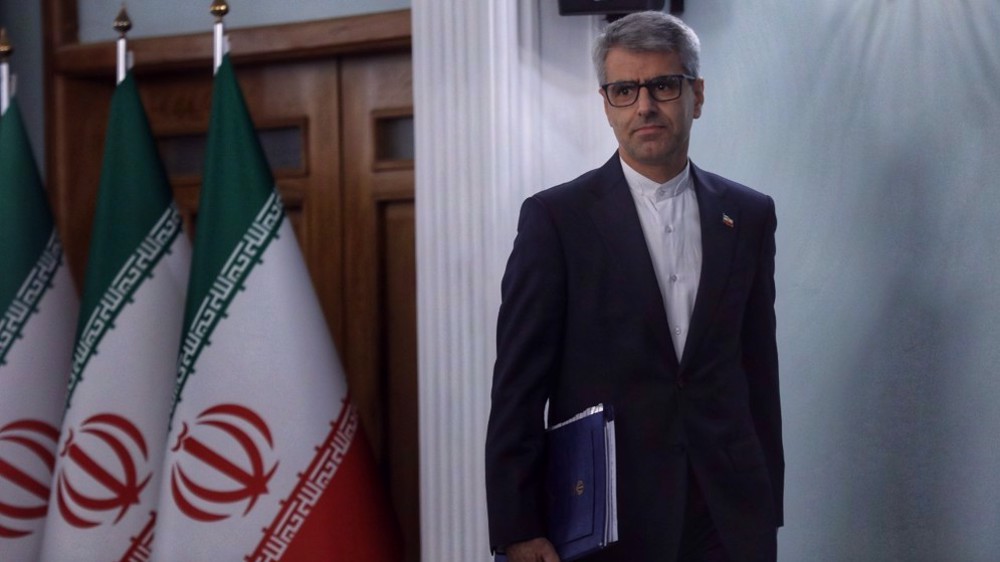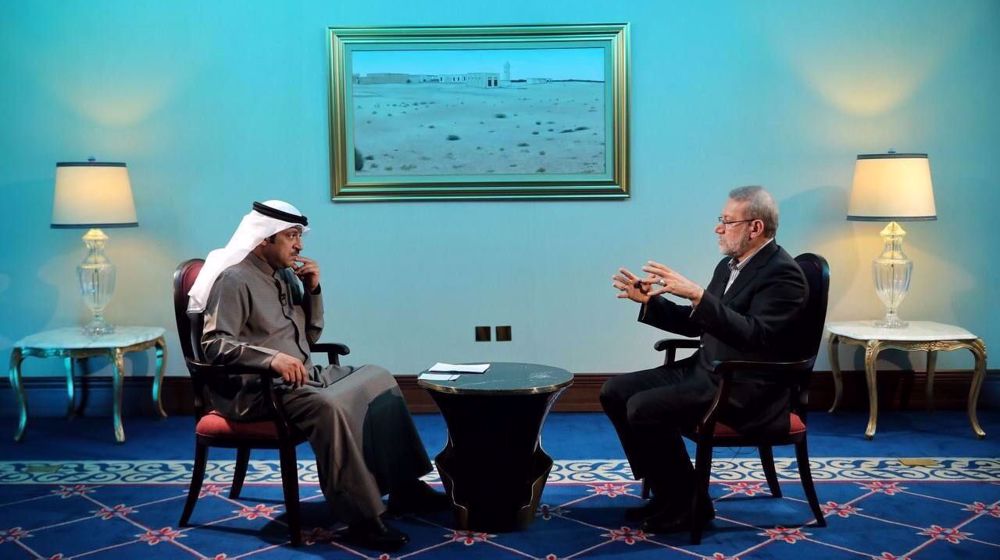IAEA only authorized to monitor, verify Iran’s nuclear work under JCPOA: Envoy
The International Atomic Energy Agency (IAEA) is authorized to only monitor and verify Iran’s voluntary measures in accordance with the 2015 nuclear agreement, says the Iranian permanent representative to Vienna-based international organizations, stressing that the agency has no right to assess the Iranian nuclear work.
“@iaeaorg sole role is to monitor and verify the voluntary nuclear-related measures as detailed in the JCPOA and to provide regular updates in this regard,” Kazem Gharibabadi said in a post on his Twitter account on Friday, referring to the Joint Comprehensive Plan of Action.
@iaeaorg sole role is to monitor and verify the voluntary nuclear-related measures as detailed in the JCPOA and to provide regular updates in this regard. Any assessment or analysis is out of the mandate of the Agency. pic.twitter.com/T2VKsb7JmE
— Gharibabadi (@Gharibabadi) December 10, 2020
Any assessment or analysis is out of the IAEA’s mandate, he said.
The Iranian diplomat’s tweet came in response to remarks made by the IAEA Director General Rafael Mariano Grossi, who told Sky News that Iran should not follow through on threats to increase uranium enrichment and throw out inspectors.
In the wake of the assassination of top Iranian nuclear scientist Mohsen Fakhrizadeh in late November, the UN nuclear agency chief warned against any further escalation after lawmakers at Iran’s Parliament overwhelmingly endorsed the outlines of a strategic action plan which aims to counteract sanctions imposed on the Iranian nation and safeguard its interests.
"If implemented," Grossi told Sky News, "these measures would be an even further deviation from the commitments that Iran entered into when it joined the agreement.
On December 1, 251 out of 260 Iranian lawmakers present at the Parliament voted ‘yes’ to the outlines of the draft bill, which will require the Iranian administration to suspend more commitments under the JCPOA.
The plan, among other things, requires the Atomic Energy Organization of Iran (AEOI) to produce at least 120 kg of 20-percent enriched uranium annually and store it inside the country within two months after the adoption of the law.
It also urges the AEOI to start the installation, gas injection, enrichment and storage of nuclear materials up to an appropriate enrichment degree within a period of three months using at least 1,000 IR-2m centrifuges.
France, Germany and Britain, the three European signatories to the JCPOA, said on December 7 that they are worried by the Iranian plan to install additional, advanced uranium-enriching centrifuges at Natanz nuclear facility.
“Iran’s recent announcement to the IAEA that it intends to install an additional three cascades of advanced centrifuges at the Fuel Enrichment Plant in Natanz is contrary to the JCPOA and deeply worrying,” the three governments, dubbed the E3, claimed.
US President Donald Trump unilaterally pulled Washington out of the JCPOA in May 2018, and unleashed the “toughest ever” sanctions against the Islamic Republic in defiance of global criticism.
Since the much-criticized exit, Washington has been attempting to prevent the remaining signatories – Britain, France, China and Russia plus Germany – from abiding by their commitments and thus kill the historic agreement, which is widely viewed as a fruit of international diplomacy.
Iran remained fully compliant with the JCPOA for an entire year, waiting for the co-signatories to fulfill their end of the bargain by offsetting the impacts of American bans on the Iranian economy.
But as the European parties failed to do so, the Islamic Republic moved in May 2019 to suspend its JCPOA commitments under Articles 26 and 36 of the deal that cover Tehran’s legal rights.
Read more:
IRGC Navy holds 'Smart Control of Strait of Hormuz' military drills
Explainer: Jam-e Jam 1 – Iran’s giant leap into geostationary orbit and a new broadcasting era
Iran says entered talks with US with 'result-oriented approach'
Iran FM, IAEA chief meet ahead of indirect talks with US
Israeli soldier admits to murder, rape in Gaza during live stream
VIDEO | Pakistan protesters condemn US-Israel threats, mourn mosque victims
VIDEO | Press TV's news headlines
Tehran slams US ‘inhumane’ sanctions against Cuba











 This makes it easy to access the Press TV website
This makes it easy to access the Press TV website